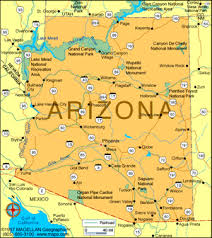 Question: I am assisting my brother in preparing his wills. He is currently in a rest home. My brother's condition (the result of age and being legally blind) virtually prevents him from signing a Will with a legible signature. I have been told that he can authorize someone else to sign for him, as long as his authorization and the signing is observed by the Will's witnesses. Is that true? Robert, Arizona.
Question: I am assisting my brother in preparing his wills. He is currently in a rest home. My brother's condition (the result of age and being legally blind) virtually prevents him from signing a Will with a legible signature. I have been told that he can authorize someone else to sign for him, as long as his authorization and the signing is observed by the Will's witnesses. Is that true? Robert, Arizona.Answer: The first question is whether your brother is mentally competent to execute a last will. That determination must come from your brother's doctors. Assuming he is, the next issue is his physical inability to sign his name to the last will document. The Arizona Probate Code (as in other states) provides a solution to this problem. It reads, in pertinent part, as follows at Section 14-2502:
A. [A] a will shall be:Emphasis added. Although the statute seems clear on its face that a last will document may be validly executed if someone else signs the document in the "testator's conscious presence", the testator must have knowledge of the entire contents of the last will (if he is unable to read) before orally authorizing its execution by another.
1. In writing.
2. Signed by the testator or in the testator's name by some other individual in the testator's conscious presence and by the testator's direction.
3. Signed by at least two people, each of whom signed within a reasonable time after that person witnessed either the signing of the will as described in paragraph 2 or the testator's acknowledgment of that signature or acknowledgment of the will.
There is one final tangential issue that might come into play. In Arizona, there is a presumption of undue influence which invalidates a last will. Undue influence exists when one who occupies a confidential relationship to a testator is active in procuring the execution of the will AND is one of the principal beneficiaries of the will. Those acting as attorney-in-fact under a power of attorney executed by the testator have been held to occupy a confidential relationship with the testator. See Estate of Shumway, 9 P.3rd 1062 (2000). Proceed with caution if your hold a financial power of attorney AND are to be a beneficiary of your brother's last will.
No comments:
Post a Comment